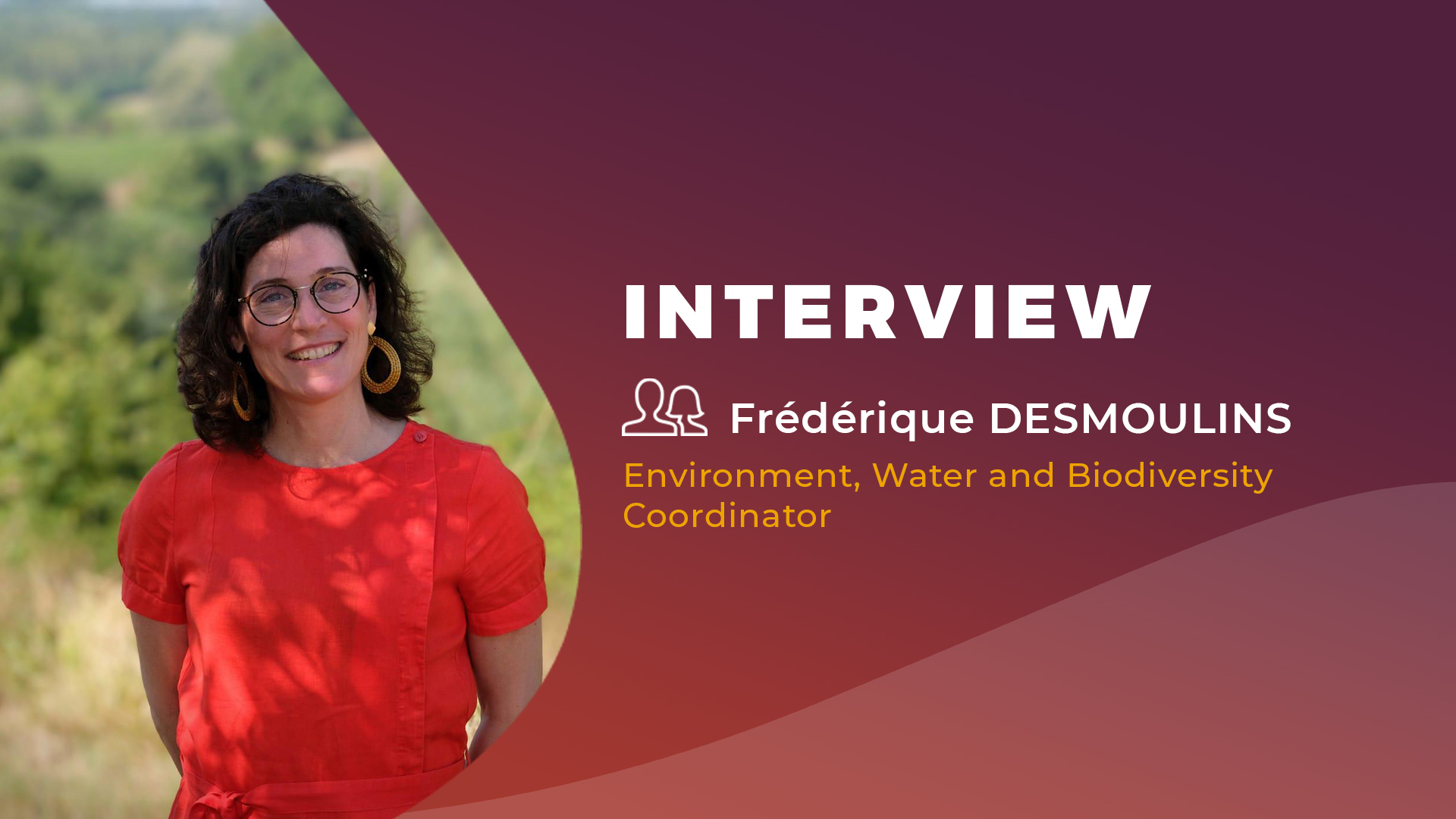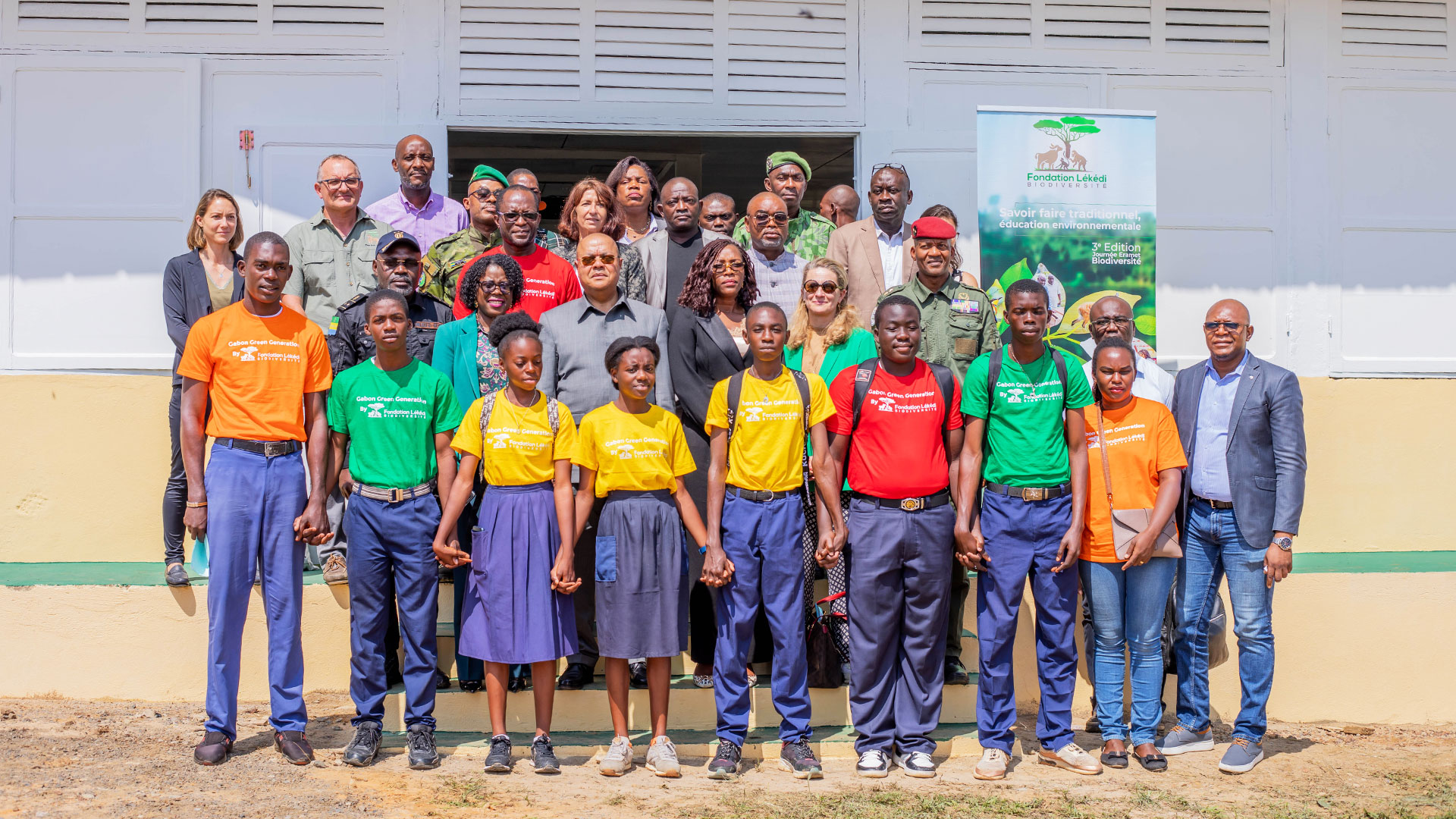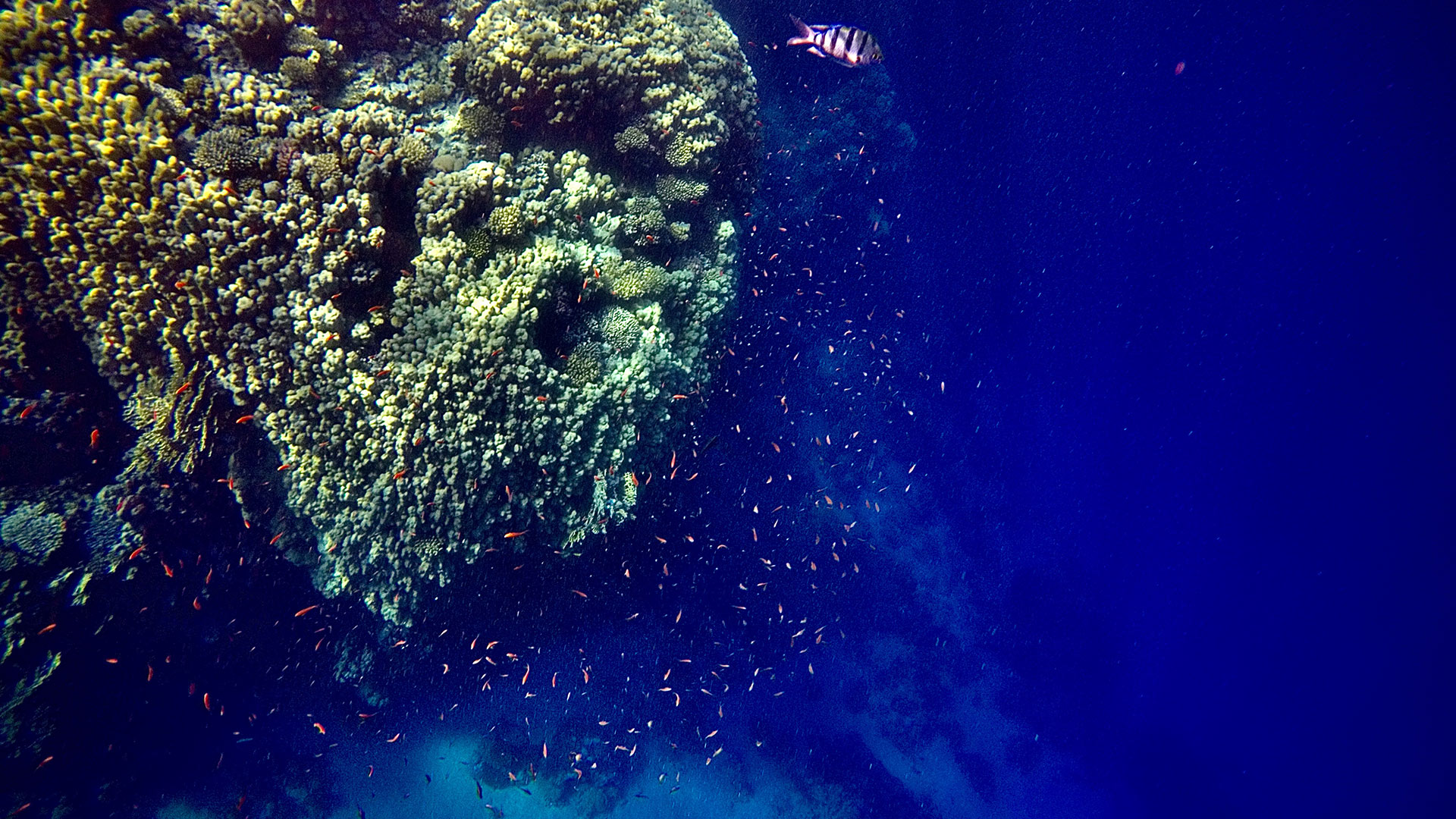Our environmental policy
Eramet has undertaken to have all its mining sites audited by 2027 to verify their compliance with the CSR requirements of the IRMA standard, which cover issues such as water, biodiversity and mine waste management.
This approach is fully in line with Eramet’s environmental policy which, in addition to strict compliance with the laws and regulations applicable to its activities, is committed to the voluntary and continuous reduction of the Group’s environmental footprint.
We are also committed to integrating environmental issues at the highest possible level into the design of industrial and mining projects. This is why dedicated teams are present at Group level and at all sites (including Gabon, Senegal, New Caledonia, Indonesia, Argentina and Norway) to manage these issues in the most detailed way possible.
A sustainable approach to environmental management
Each Eramet subsidiary has set up an environmental management system that complies with the requirements of the ISO 14001 standard. They are audited annually by independent external firms.
Eramet Ideas, the Group’s research and innovation center, has embarked on the process of certifying its battery recycling process, with the aim of obtaining ISO 14001 certification in the first quarter of 2024.
By the end of 2022, 89% of Eramet subsidiaries will have achieved certification.

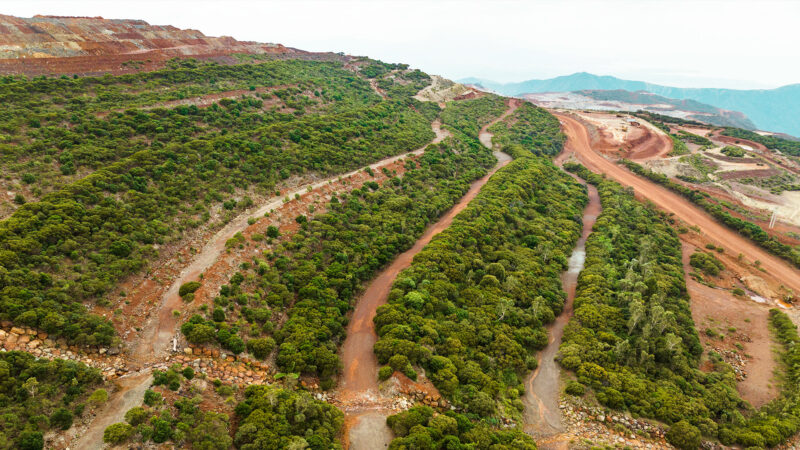 In 2022, SLN has defined new biodiversity avoidance zones and is also carrying out wildlife (birds, reptiles, chiropterans) and plant monitoring on all sites, as well as monitoring the surrounding freshwater and marine environments. SLN is continuing its revegetation efforts, using topsoil, manual planting or hydraulic seeding. All species used for revegetation are selected local species.
In 2022, SLN has defined new biodiversity avoidance zones and is also carrying out wildlife (birds, reptiles, chiropterans) and plant monitoring on all sites, as well as monitoring the surrounding freshwater and marine environments. SLN is continuing its revegetation efforts, using topsoil, manual planting or hydraulic seeding. All species used for revegetation are selected local species.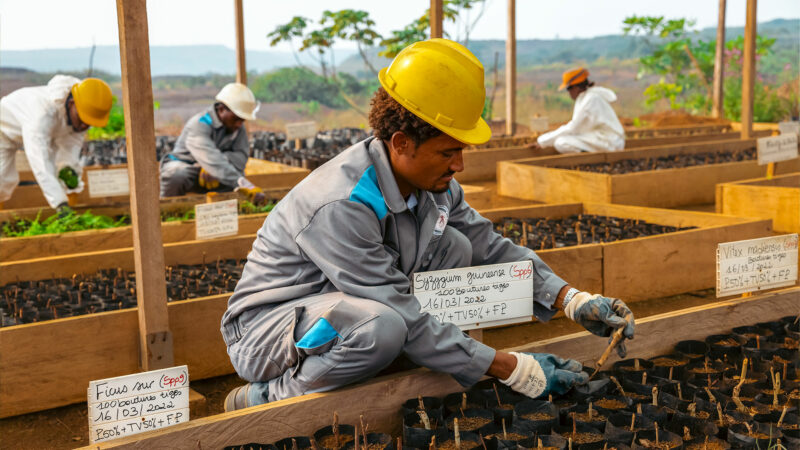
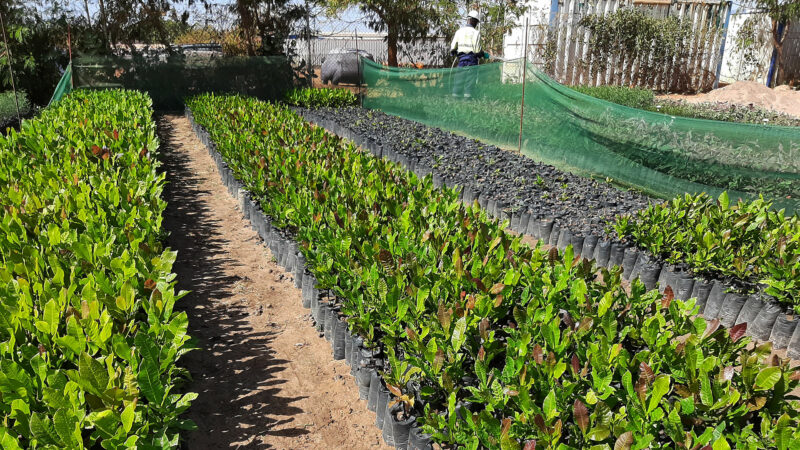
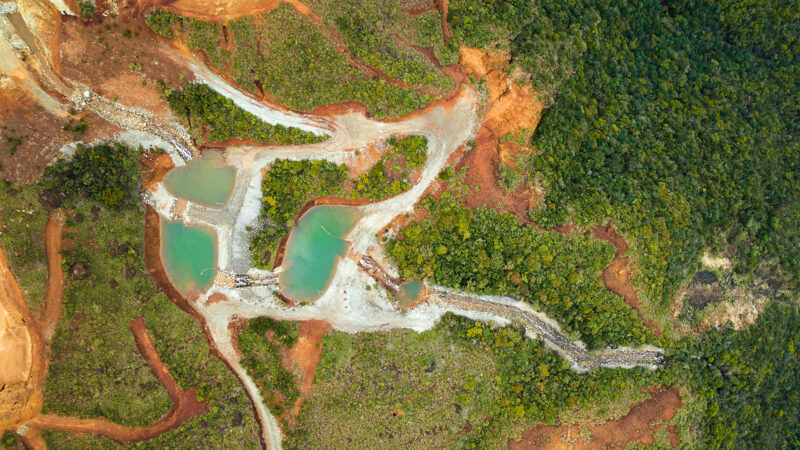 We have invested 21 million euros over five years in water management, including around 2,500 sedimentation basins to trap suspended matter and prevent it from spreading into rivers or the lagoon downstream of the mines.
We have invested 21 million euros over five years in water management, including around 2,500 sedimentation basins to trap suspended matter and prevent it from spreading into rivers or the lagoon downstream of the mines.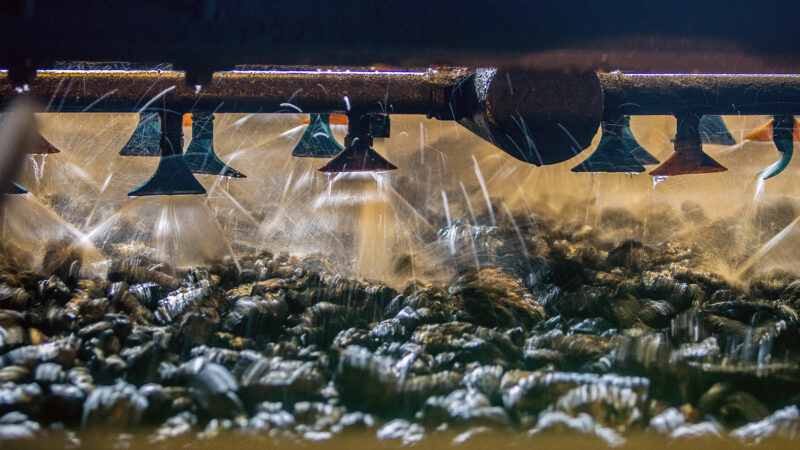 Our subsidiary Comilog uses water to “wash” the manganese in order to remove particles that do not contain manganese. As part of its water management strategy, Comilog has implemented a system to decant the residue from this washing and recycle the water. This water is then re-injected into the process.
Our subsidiary Comilog uses water to “wash” the manganese in order to remove particles that do not contain manganese. As part of its water management strategy, Comilog has implemented a system to decant the residue from this washing and recycle the water. This water is then re-injected into the process.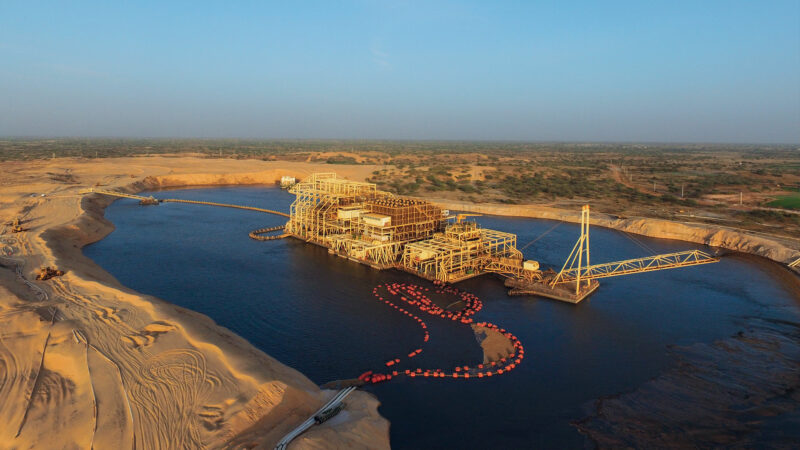
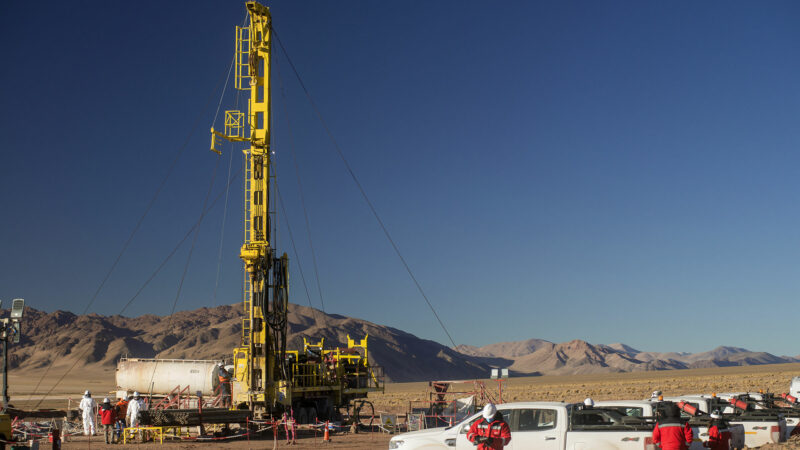
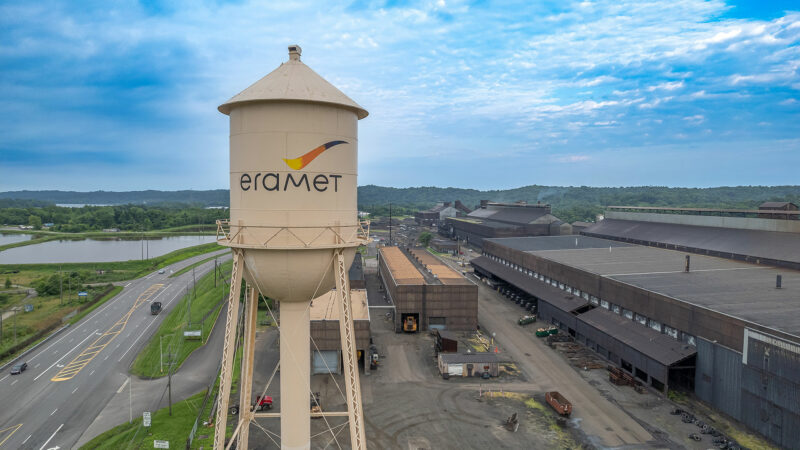 Eramet also has a working group dedicated to water. This group addresses issues such as groundwater and surface water management, water discharges and slope stability, with the aim of achieving sustainable resource management.
Eramet also has a working group dedicated to water. This group addresses issues such as groundwater and surface water management, water discharges and slope stability, with the aim of achieving sustainable resource management.